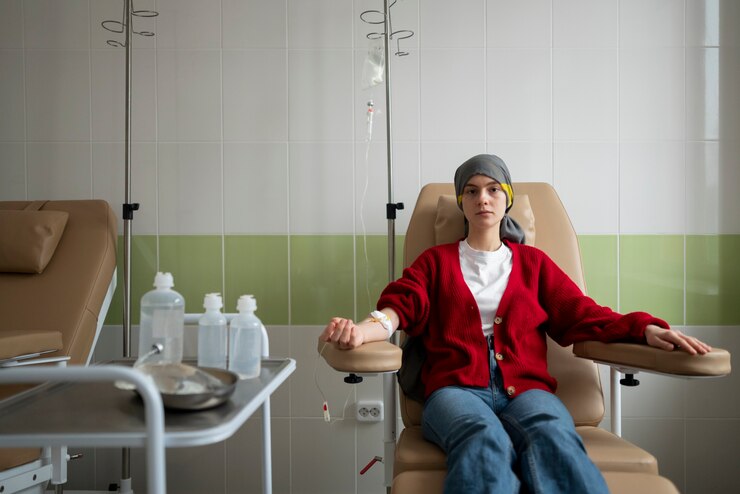


The kidneys, which are vital organs, are located in the posterior part of the abdomen, weigh between 100 to 150 grams and measure approximately 9 to 12 centimeters in length, 4 to 5 centimeters in width, and 3 to 5 centimeters in thickness. Each healthy individual typically has two kidneys, positioned one on each side of the body. However, about one in a thousand individuals is born with a single kidney, which generally does not pose significant health risks.
The primary functions of the kidneys Include

Hemodialysis involves a bi-chamber system separated by a semipermeable membrane. The venous blood is held in one chamber, while the other is filled with a dialysis solution known as dialysate. During the procedure, blood is circulated outside the body through a dialyzer—a sophisticated artificial filter—that cleanses the blood of toxins and excess fluid. Simultaneously, essential salts deficient in the body are replenished from the dialysate. Hemodialysis typically necessitates the surgical creation of an arteriovenous fistula in the arm, connecting an artery to a vein to facilitate access. Dialysis can commence three to four weeks post-fistula creation, but in urgent cases, a catheter may be used temporarily by inserting it into a neck or groin vein.

Administered two to three times weekly at specialized centers, each hemodialysis session lasts around four hours. During treatment, two needles are inserted into the arteriovenous fistula: one draws venous blood to the filter for cleansing, and the other returns the purified blood to the body. Anticoagulants are also administered to prevent blood clotting during the process. The frequency of sessions, duration, filter type, and dialysate composition are tailored by the medical team based on the patient's condition.
Patient data from our units exceed the benchmarks set by the Kidney Disease Outcomes Quality Initiative (KDOQI), which aims to improve life conditions for dialysis patients. To enhance patient experience, our facilities offer satellite TV via an LCD broadcasting system, transportation services between your home and the hospital, a consultation system to address non-dialysis related health issues, as well as psychological counseling and dietary guidance personalized for each patient.
